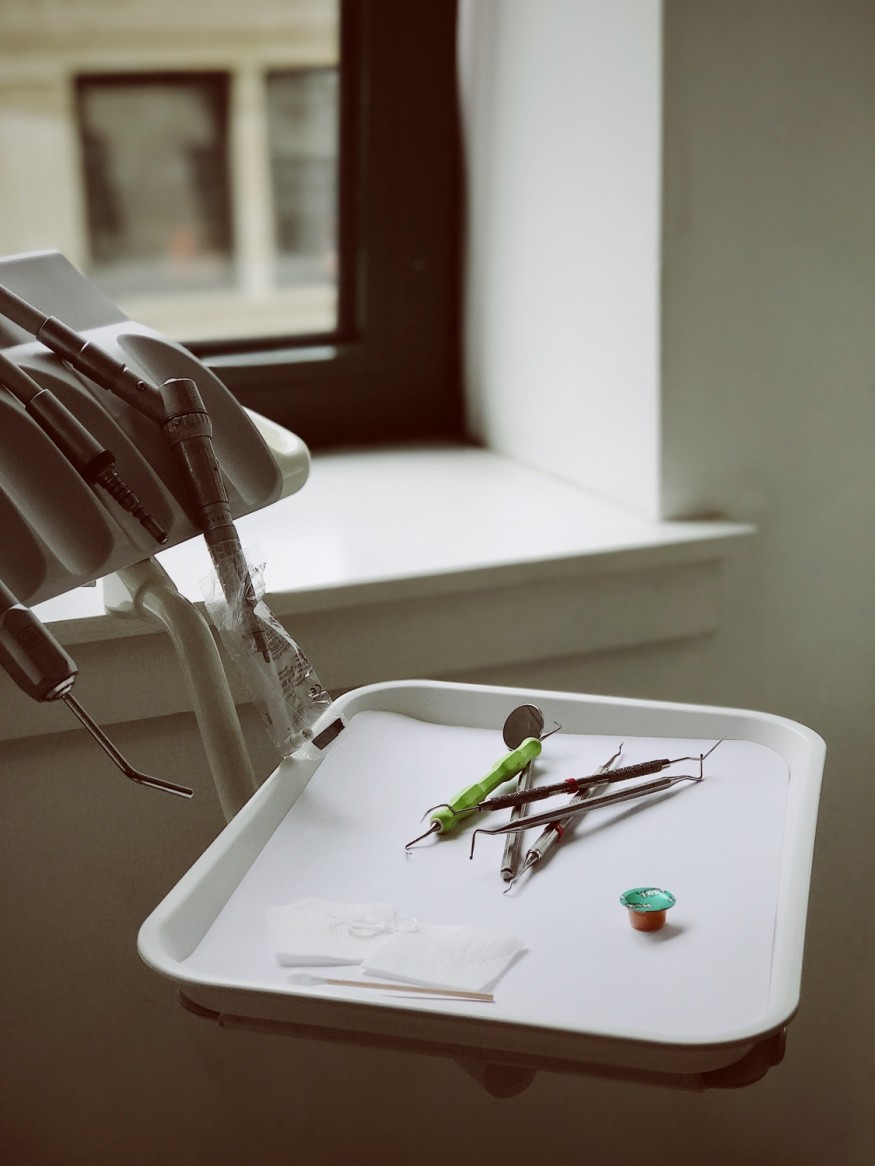
With a single tooth implant in the UK costing over £2,000, is it any wonder many are looking abroad for cheaper dental alternatives? The popularity of dental tourism has grown by leaps and bounds in recent years, but just how much can be saved and are there any risks involved?
What is dental tourism?
Dental tourism tends to be individuals from developed or wealthier nations, travelling to developing countries in order to utilise their cheaper dental services.
Popular countries for European citizens include Poland, Hungary, Slovakia and Turkey. Whereas those in the US and Canada would usually travel to the likes of Mexico, Peru and Costa Rica.
There are very few dental treatments available in the UK/US which you can't find abroad and some of the most popular treatments range from cosmetic, such as whitening and implants, to health-related treatments such as fillings, extractions and root canals.
How the prices differ
Some estimates claim that going abroad for dental treatment can be 50-70% cheaper.
The reason for the cheaper prices is usually due to the costs of living in each country. Wages and property prices play a big factor in determining other costs for citizens in each country and the UK has one of the highest dentistry costs in the world.
Although it can be cheaper to go abroad, alternative finance could be an option for you such as a short term loan - providing you are financially stable and will not struggle to make the repayments.
What are the risks?
Process, regulations and general standards of care varies from country-to-country. Therefore, there can be a significant number of additional risks associated with having your treatment abroad. These include but are not limited to:
Insurance - Your travel insurance is unlikely to cover cosmetic treatments and will only be valid for emergency dental care. Check with your insurance provider before travelling.
Unreputable clinics - Do your research before you travel to make sure the clinic performing your treatment have a good reputation for successful procedures and positive customer review ratings.
Follow-up care - Does your treatment require you to have any ongoing care after the treatment is completed, either immediately or in the future? You should consider this in any cost evaluations and make sure you are in a position to afford this later down the line.
A companion - You should carefully consider taking a friend or family member with you, not only for the immediate aftercare, but to also help with decision-making, support and to assist if any complications were to arise.
What to consider before arranging dental work
Although the initial cost can seem far cheaper than the UK or US, you should also factor in additional costs which are associated with going abroad including:
Consultations
Flights
Accommodation
Annual leave from work
Insurance
Any UK/US aftercare required
You should also consider the risks outlined above and most importantly, do your research! You should be making an informed, well-thought out decision before opting for any dental treatment and even more so when opting to go abroad.
This article is copyrighted by Travelers Today, the travel news leader



